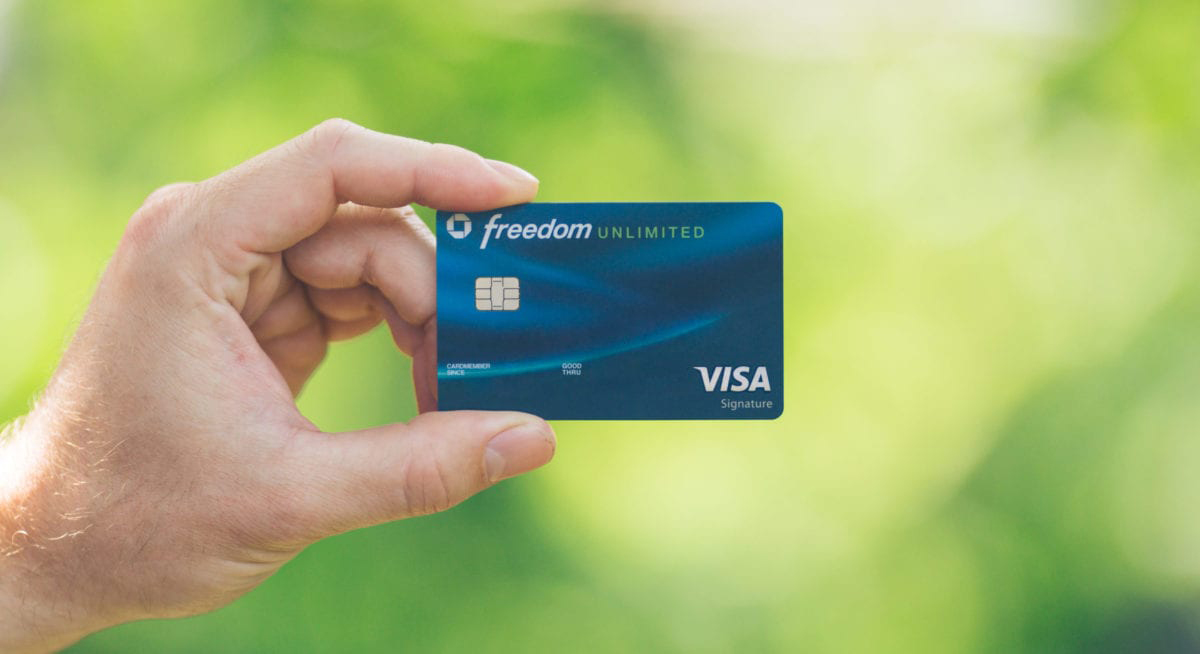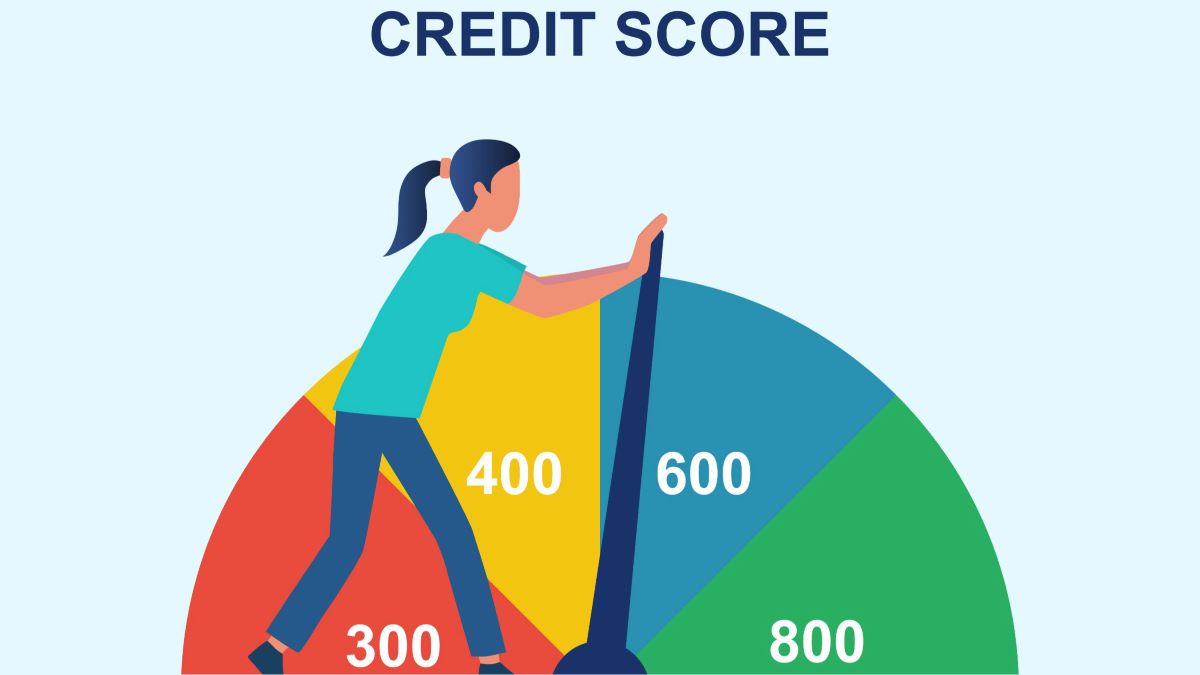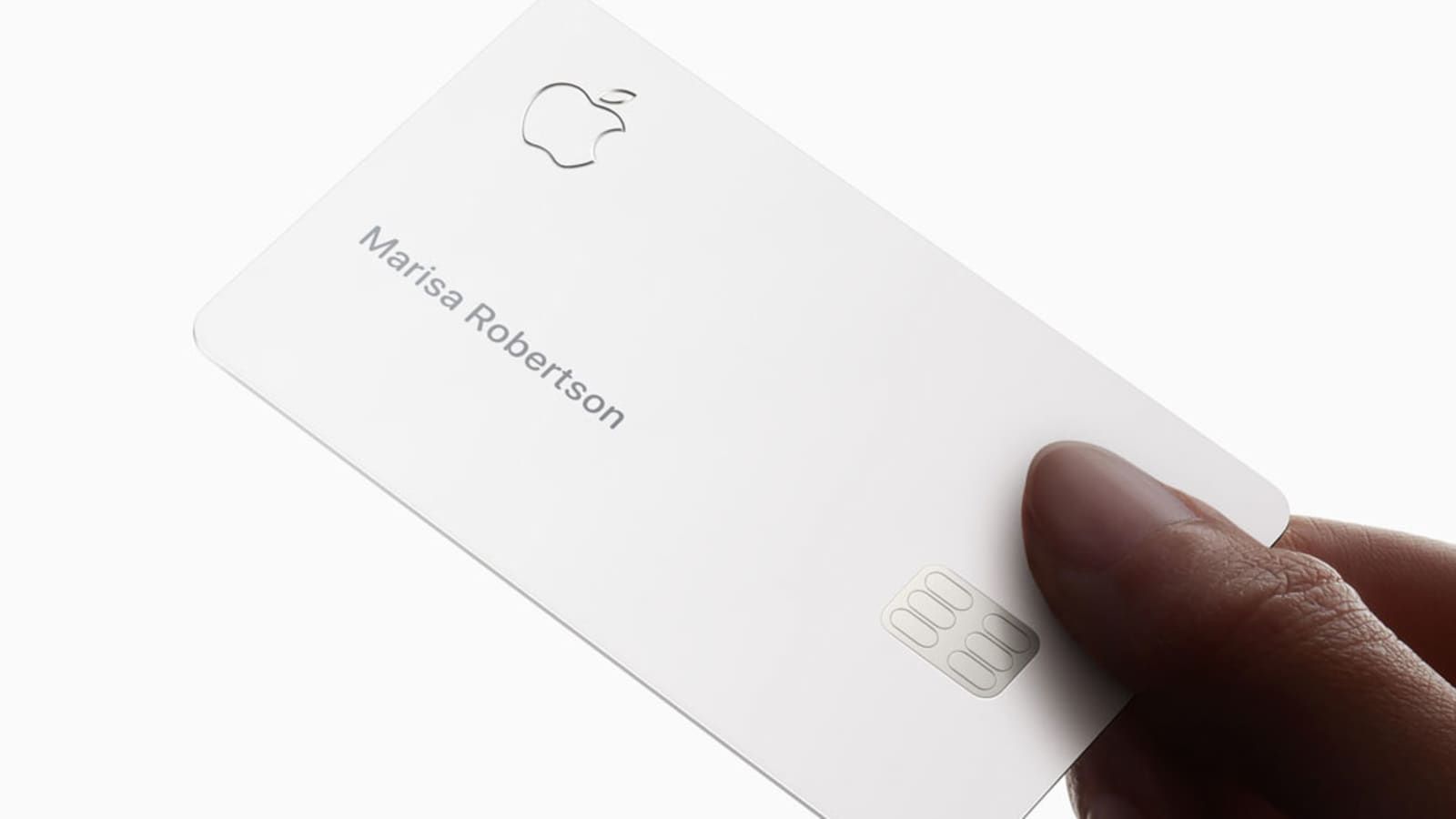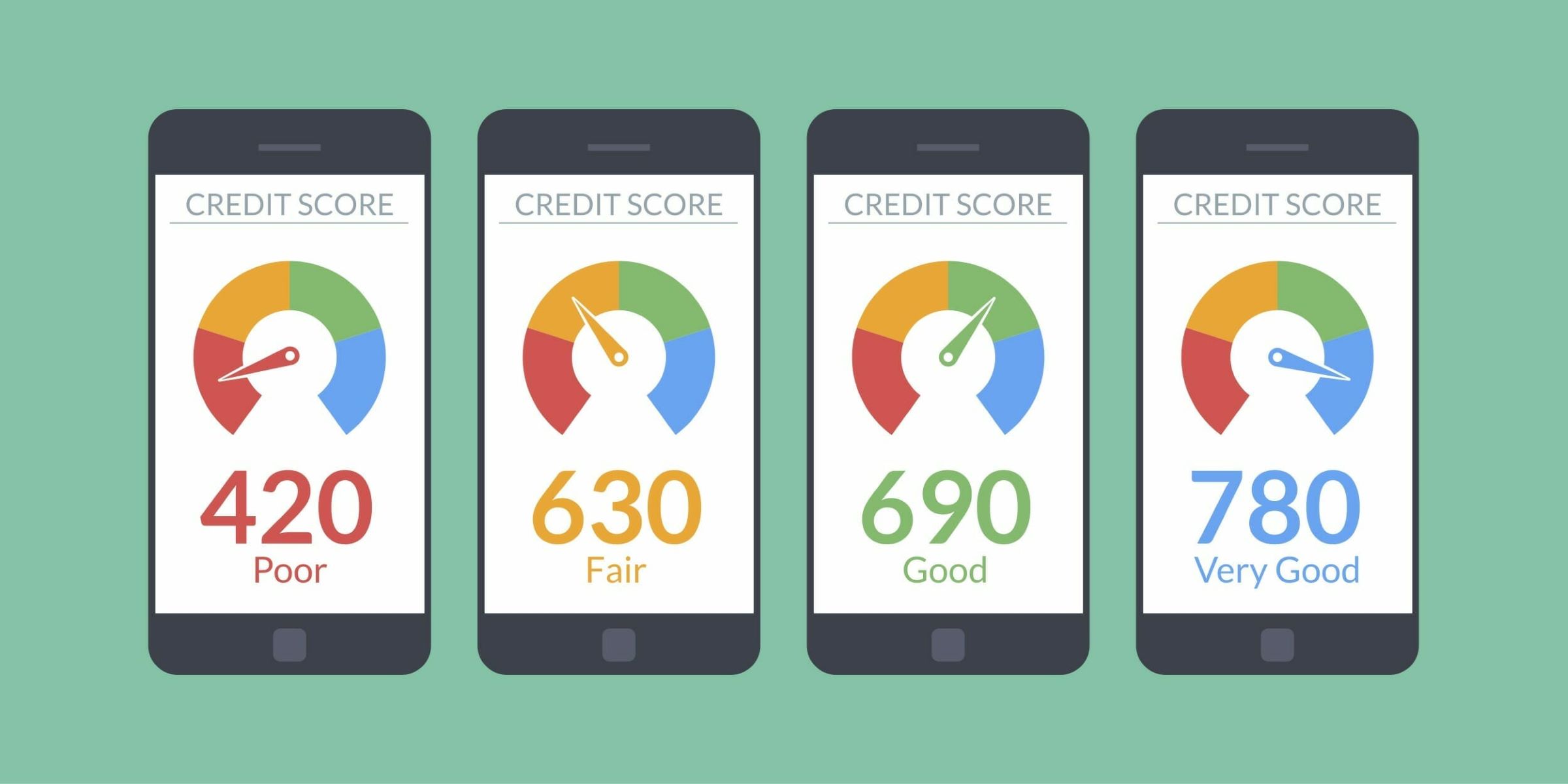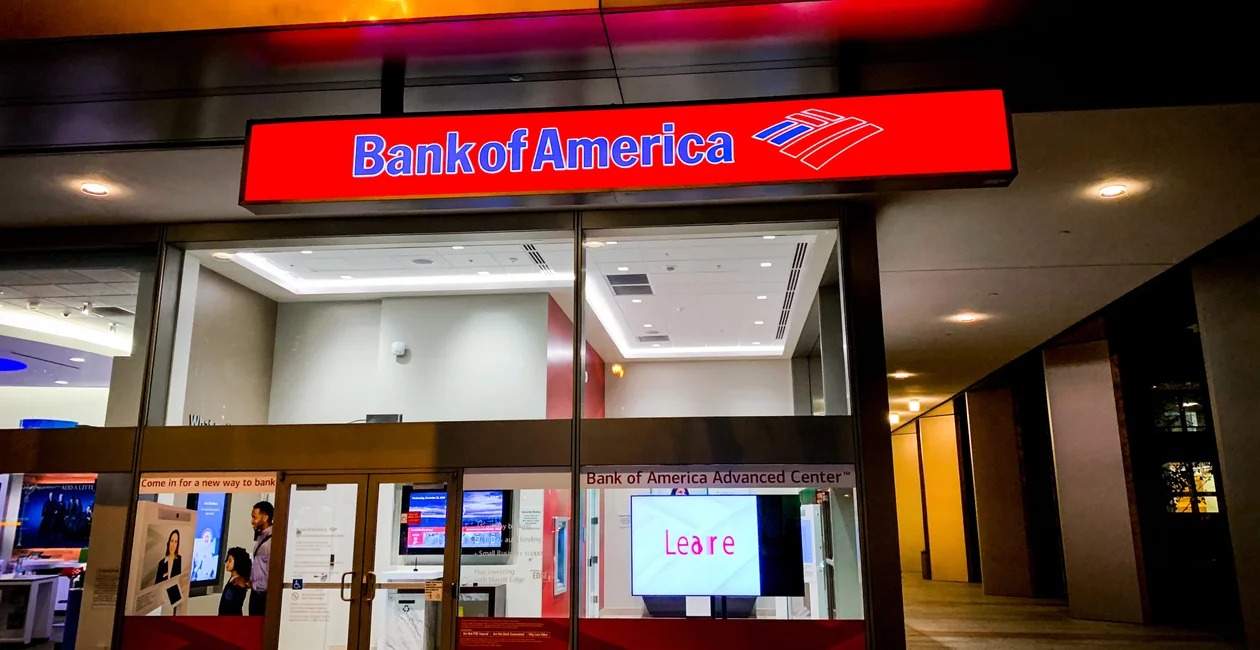Home>Finance>What Credit Score Is Needed For Chase Freedom Flex
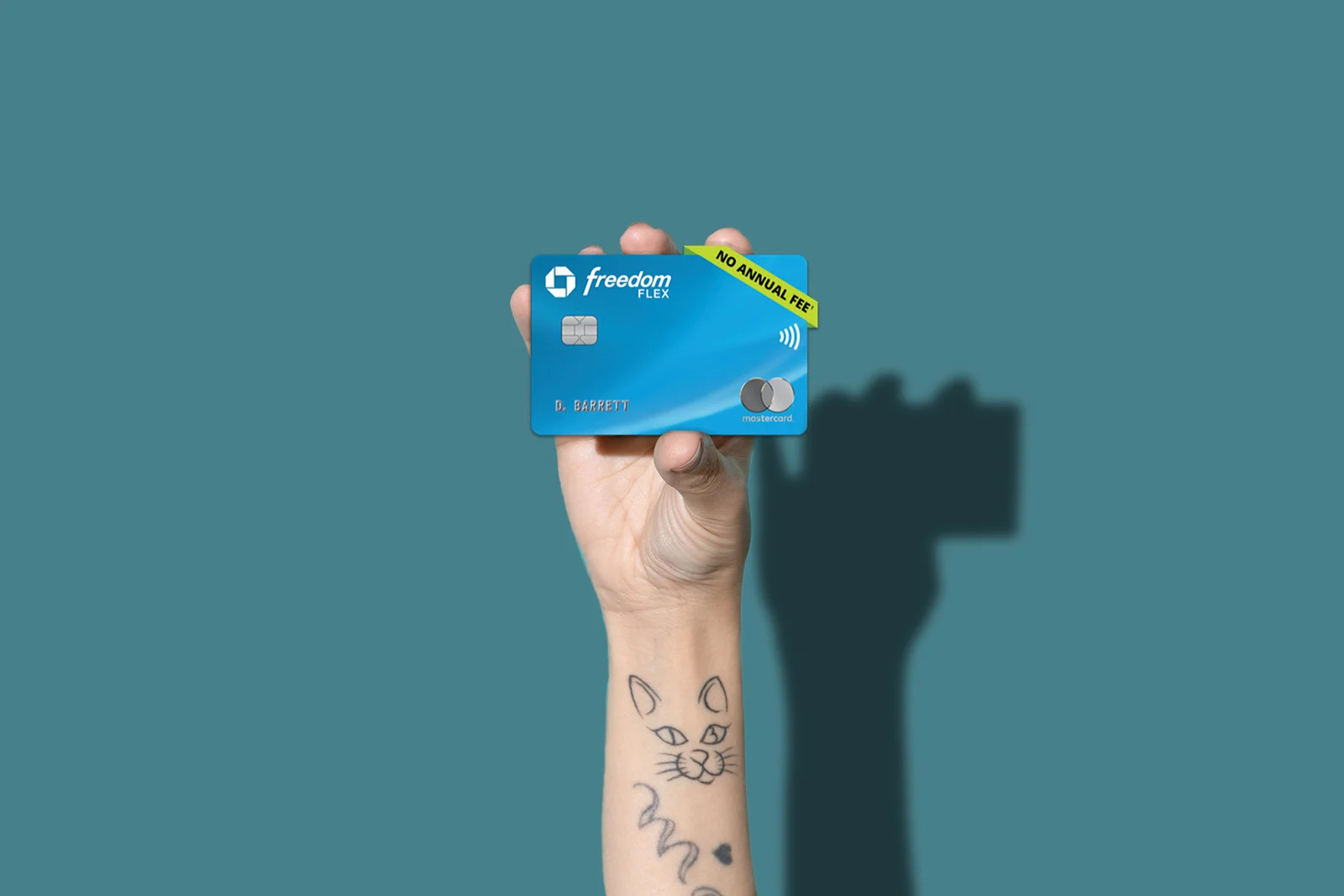

Finance
What Credit Score Is Needed For Chase Freedom Flex
Published: October 22, 2023
Finance your dreams with Chase Freedom Flex! Discover the credit score needed to qualify for this incredible card and start enjoying its amazing rewards.
(Many of the links in this article redirect to a specific reviewed product. Your purchase of these products through affiliate links helps to generate commission for LiveWell, at no extra cost. Learn more)
Table of Contents
Introduction
Welcome to the world of credit cards, where your financial history and creditworthiness play a crucial role in determining your eligibility for various credit cards. One such card that has gained immense popularity is the Chase Freedom Flex Card. It offers a range of benefits and rewards, making it a sought-after choice for many individuals.
But before diving into the details of this card, it is essential to understand the significance of credit scores. Your credit score is a numerical representation of your creditworthiness and is used by lenders to assess the risk of lending you money or extending credit. It is a key factor that Chase and other credit card issuers consider when evaluating your credit card application.
In this article, we will explore the credit score requirements for the Chase Freedom Flex Card and discuss ways to improve your credit score if needed. Additionally, we will provide some strategies for getting approved, even if you have a low credit score. So, let’s dive in and unravel the mysteries of credit scores and the Chase Freedom Flex Card.
Understanding the Chase Freedom Flex Card
The Chase Freedom Flex Card is a popular credit card offered by Chase, one of the largest and most renowned financial institutions in the United States. This card is designed to provide cardholders with a range of benefits, including cash back rewards, travel perks, and valuable cardholder benefits.
One of the main features of the Chase Freedom Flex Card is its cash back rewards program. Cardholders earn cash back on every purchase made with the card, with higher rewards offered in specific spending categories that change periodically. This dynamic rewards program allows cardholders to maximize their cash back earnings by strategically using their card for purchases in the eligible categories.
Another notable feature of the Chase Freedom Flex Card is its flexibility in redemption options. Cardholders can redeem their cash back rewards for statement credits, gift cards, merchandise, or even transfer them to other Chase Ultimate Rewards® cards for increased value. This flexibility makes the card an attractive option for individuals looking to maximize the value they receive from their rewards.
In addition to the cash back rewards, the Chase Freedom Flex Card offers various cardmember benefits and protections. These include purchase protection, extended warranty protection, trip cancellation/interruption insurance, auto rental collision damage waiver, and more. These perks add an extra layer of security and value when using the card for everyday purchases or travel expenses.
Furthermore, the Chase Freedom Flex Card has no annual fee, making it an attractive option for those looking to avoid additional fees associated with credit cards. The card also offers a 0% introductory APR on purchases for a certain period, providing cardholders with the opportunity to make larger purchases and pay them off over time without incurring interest charges.
Overall, the Chase Freedom Flex Card combines its cash back rewards program, flexibility in redemption options, cardmember benefits, and lack of an annual fee to create an enticing credit card offer.
Importance of Credit Scores
Your credit score is a crucial component of your overall financial profile. It is a numerical representation of your creditworthiness and plays a significant role in various aspects of your financial life. Lenders, including credit card issuers like Chase, rely on credit scores to evaluate loan applications, determine interest rates, and assess the overall risk associated with lending to an individual.
One of the primary uses of credit scores is in the credit card application process. When you apply for a credit card, the credit card issuer will review your credit score to assess your creditworthiness. This helps them determine the level of risk they are taking by extending credit to you. A higher credit score generally indicates a lower risk borrower, increasing your chances of approval and potentially qualifying you for better credit card offers with more favorable terms and rewards.
Besides credit card applications, credit scores also affect other financial aspects, such as mortgage loans, auto loans, personal loans, and even rental applications. Landlords and property managers often request credit scores to evaluate potential tenants and assess their reliability in paying rent on time. Higher credit scores can improve your chances of obtaining favorable interest rates on loans and securing rental properties.
Having a good credit score not only increases your chances of being approved for credit and loans but can also lead to lower interest rates. When you have a higher credit score, lenders view you as a lower-risk borrower, making you eligible for more affordable interest rates. This can save you a significant amount of money over time by reducing the interest paid on credit card balances, loans, and mortgages.
In addition to the financial benefits, maintaining a good credit score also reflects positively on your financial responsibility and can open up opportunities for better financial products, such as premium credit cards with higher rewards and perks. It can also impact your ability to secure favorable insurance rates, as some insurance providers use credit scores as a factor in determining premiums.
It’s important to note that credit scores are not fixed and can change over time based on your financial behaviors. By practicing responsible credit management, such as making payments on time, keeping credit card balances low, and avoiding excessive credit applications, you can improve or maintain a healthy credit score.
Understanding the importance of credit scores is crucial when applying for credit cards, loans, or other financial products. It allows you to take the necessary steps to improve your creditworthiness, gain access to better financial opportunities, and ultimately achieve your financial goals.
Key Factors Considered by Chase for Credit Approval
When applying for a credit card, it’s important to understand the key factors that issuers like Chase consider when evaluating your application. While every credit card issuer may have its own specific criteria, Chase generally takes into account several crucial factors to determine your creditworthiness and eligibility for their credit cards, including the Chase Freedom Flex Card.
1. Credit History: Chase assesses your credit history to gauge your past financial behavior and determine your reliability as a borrower. A longer and positive credit history demonstrates a responsible credit usage pattern, increasing your chances of approval.
2. Credit Score: Your credit score, generated by credit bureaus such as Experian, TransUnion, and Equifax, is a significant factor in Chase’s decision-making process. A higher credit score indicates a lower risk borrower, making you more likely to be approved for the Chase Freedom Flex card.
3. Income and Employment: Chase considers your income and employment stability to ensure you have the financial means to make timely payments on your credit card. A higher income and stable employment history can positively impact your chances of approval.
4. Debt-to-Income Ratio: Chase evaluates your debt-to-income ratio, which compares your monthly debt obligations to your income. A lower debt-to-income ratio indicates that you have more available income to handle new credit, improving your likelihood of being approved for the Chase Freedom Flex card.
5. Payment History: Your payment history plays a crucial role in Chase’s assessment. Consistently making payments on time shows responsibility and reliability, increasing your chances of approval and potentially qualifying you for better terms.
6. Recent Credit Applications: Chase considers the number of recent credit applications on your record when evaluating your creditworthiness. Multiple applications within a short period of time could be seen as a red flag, potentially impacting your chances of approval.
It’s important to note that these factors are not the sole determinants of credit approval, and Chase may weigh them differently based on individual circumstances. Additionally, while the minimum credit score requirements for the Chase Freedom Flex card exist, meeting these requirements does not guarantee approval. Other factors such as past relationship with Chase and overall credit risk assessment are also taken into account.
By understanding the key factors considered by Chase for credit approval, you can work towards building a strong credit profile and increase your chances of being approved for the Chase Freedom Flex card or other credit cards.
Minimum Credit Score Requirements for Chase Freedom Flex Card
When it comes to credit card applications, including the Chase Freedom Flex Card, credit card issuers like Chase have specific minimum credit score requirements. These requirements serve as a guideline to assess the creditworthiness of applicants and determine their eligibility for the card.
While Chase does not publicly disclose the exact minimum credit score needed for the Chase Freedom Flex card, it is generally recommended to have a good credit score to increase your chances of approval. A good credit score typically falls within the range of 670 to 739 or higher, according to the FICO credit scoring model.
Having a good credit score demonstrates your responsible credit management and financial stability. It indicates to Chase that you are more likely to make payments on time and manage credit responsibly, reducing the risk associated with lending to you.
However, it’s important to note that credit score requirements can vary depending on various factors, including the applicant’s overall credit profile, income, and existing relationship with Chase. Someone with a lower credit score may still be approved if they have a strong financial background and meet other criteria favored by Chase.
Besides credit score, Chase also considers other factors such as credit history, income, and debt-to-income ratio when evaluating credit card applications. These factors give them a more comprehensive picture of your financial health and creditworthiness.
To determine your credit score, you can obtain a free credit report from the three major credit bureaus (Experian, TransUnion, and Equifax) and review the information. Monitoring your credit score regularly allows you to track your progress and identify areas for improvement.
If your credit score falls below the recommended range, it doesn’t necessarily mean you are ineligible for the Chase Freedom Flex card. There are strategies you can employ to improve your credit score, such as making timely payments, paying down existing debts, keeping credit utilization low, and minimizing credit inquiries.
Ultimately, while a good credit score is generally preferred for approval, meeting the minimum credit score requirements for the Chase Freedom Flex card is just one piece of the puzzle. Having a strong overall credit profile and demonstrating responsible credit behavior can significantly increase your chances of being approved for this popular credit card.
How to Improve Your Credit Score
If you’re looking to improve your credit score, whether to qualify for the Chase Freedom Flex Card or other credit card offers, there are several effective strategies you can implement. Taking proactive steps to build a positive credit history and manage your finances responsibly can lead to an increase in your credit score over time. Here are some key tips to help you improve your credit score:
- Pay Your Bills on Time: Consistently making payments on time is one of the most critical factors in determining your credit score. Set up reminders or automatic payments to ensure you never miss a due date.
- Reduce Credit Card Balances: Aim to keep your credit card balances as low as possible, preferably below 30% of your available credit limit. High credit card utilization can negatively impact your credit score.
- Avoid Opening Multiple New Accounts: Opening too many new credit accounts within a short period can suggest financial instability and can lower your credit score. Only apply for new credit when necessary.
- Monitor Your Credit Report: Regularly review your credit report for any errors or discrepancies that may be impacting your score. Dispute any inaccuracies with the credit bureaus to ensure the information is corrected promptly.
- Keep Old Credit Accounts Open: Length of credit history is crucial in determining your credit score. Avoid closing old credit accounts, especially if they are in good standing, as they contribute to the length of your credit history.
- Diversify Your Credit Mix: Having a mix of different types of credit accounts, such as credit cards, loans, and mortgages, can positively impact your credit score. However, only take on new credit when you can manage it responsibly.
- Limit New Credit Applications: Each time you apply for new credit, it creates a hard inquiry on your credit report, which can slightly lower your credit score. Be selective and only apply for credit when needed.
- Pay Off Debt: Reducing your overall debt, especially high-interest debts, can have a positive impact on your credit score. Prioritize paying down debts to lower your credit utilization and improve your creditworthiness.
Remember that improving your credit score takes time and consistency. It requires responsible financial habits and a commitment to managing your credit effectively. By following these tips and maintaining good credit practices, you can increase your credit score and improve your chances of qualifying for the Chase Freedom Flex Card and other desirable credit card offers.
Strategies for Getting Approved with a Low Credit Score
If you have a low credit score and are aiming to get approved for the Chase Freedom Flex Card or any other credit card, there are strategies you can employ to increase your chances of approval. While a low credit score may present challenges, it doesn’t necessarily mean you are ineligible for credit. Here are some strategies to consider:
- Apply for Secured Credit Cards: Secured credit cards require a security deposit, which serves as collateral for the credit limit. These cards are designed to help you build or rebuild your credit. Making timely payments and managing your secured credit card responsibly can demonstrate creditworthiness over time.
- Consider Credit Builder Loans: Credit builder loans are specifically designed to help individuals with low or no credit history establish credit. These loans work by holding the loan amount in a savings account, which you make payments towards. Once the loan is paid off, you receive the funds, and your credit score improves as a result of the positive repayment history.
- Apply for a Co-Signer or Authorized User: If possible, consider applying for a credit card with a co-signer or becoming an authorized user on someone else’s credit card. This can help you leverage their good credit history and increase your chances of approval. However, it’s important to recognize the shared responsibility and potential impact on both parties’ credit.
- Apply for Credit Cards with Lower Credit Requirements: Some credit cards are specifically targeted toward individuals with lower credit scores. These cards often have higher interest rates or annual fees, but they can provide an opportunity to build credit and demonstrate responsible usage. Research credit cards aimed at individuals with limited credit history or lower credit scores, and apply accordingly.
- Focus on Building a Positive Credit History: Regardless of your credit score, focus on establishing a positive credit history. Make payments on time, keep credit card balances low, and avoid taking on excessive debt. Over time, maintaining responsible credit habits will help improve your credit score and increase your chances of approval for more favorable credit card offers.
- Consider a Secured Credit Card Upgrade: If you already have a secured credit card and have demonstrated responsible usage, inquire with the issuer about the possibility of upgrading to an unsecured credit card. This can provide you with better terms and rewards while continuing to build your credit.
It’s important to note that each individual’s financial situation is unique, and not all strategies may be suitable for everyone. Assess your own circumstances and consider consulting with a financial advisor who can provide personalized guidance based on your specific credit profile.
Remember, improving your credit score takes time and patience. By implementing these strategies and maintaining responsible credit habits, you can increase your creditworthiness and improve your chances of getting approved for the Chase Freedom Flex Card or other desirable credit card offers.
Conclusion
Understanding the credit score requirements and factors considered by Chase for the Chase Freedom Flex Card is essential for anyone interested in applying for this popular credit card. While Chase does not disclose the exact minimum credit score needed for approval, having a good credit score generally increases your chances of being approved.
Improving your credit score is a worthwhile endeavor, not only for the purpose of credit card applications but for overall financial health as well. By practicing responsible credit habits such as making timely payments, keeping credit card balances low, and monitoring your credit report for accuracy, you can gradually improve your creditworthiness.
If you have a low credit score, don’t despair. There are strategies you can employ to increase your chances of approval for the Chase Freedom Flex Card and other credit cards. Consider options such as secured credit cards, credit builder loans, and applying with a co-signer or as an authorized user to leverage their good credit history.
Remember that building a positive credit history takes time and consistency. Focus on developing responsible credit habits, managing your debts wisely, and diversifying your credit mix. This will not only improve your chances of approval for credit cards like the Chase Freedom Flex but also enhance your overall financial well-being.
Ultimately, the Chase Freedom Flex Card offers numerous benefits and rewards for those who meet the credit score requirements. By understanding the importance of credit scores, following strategies to improve your creditworthiness, and practicing responsible credit behavior, you can increase your chances of obtaining this coveted credit card and enjoy the numerous perks it offers.
